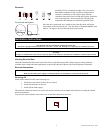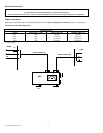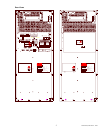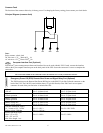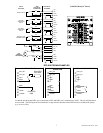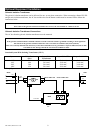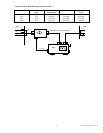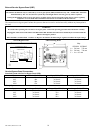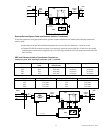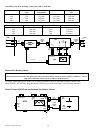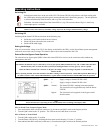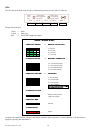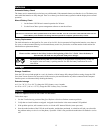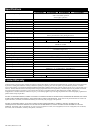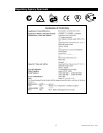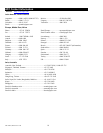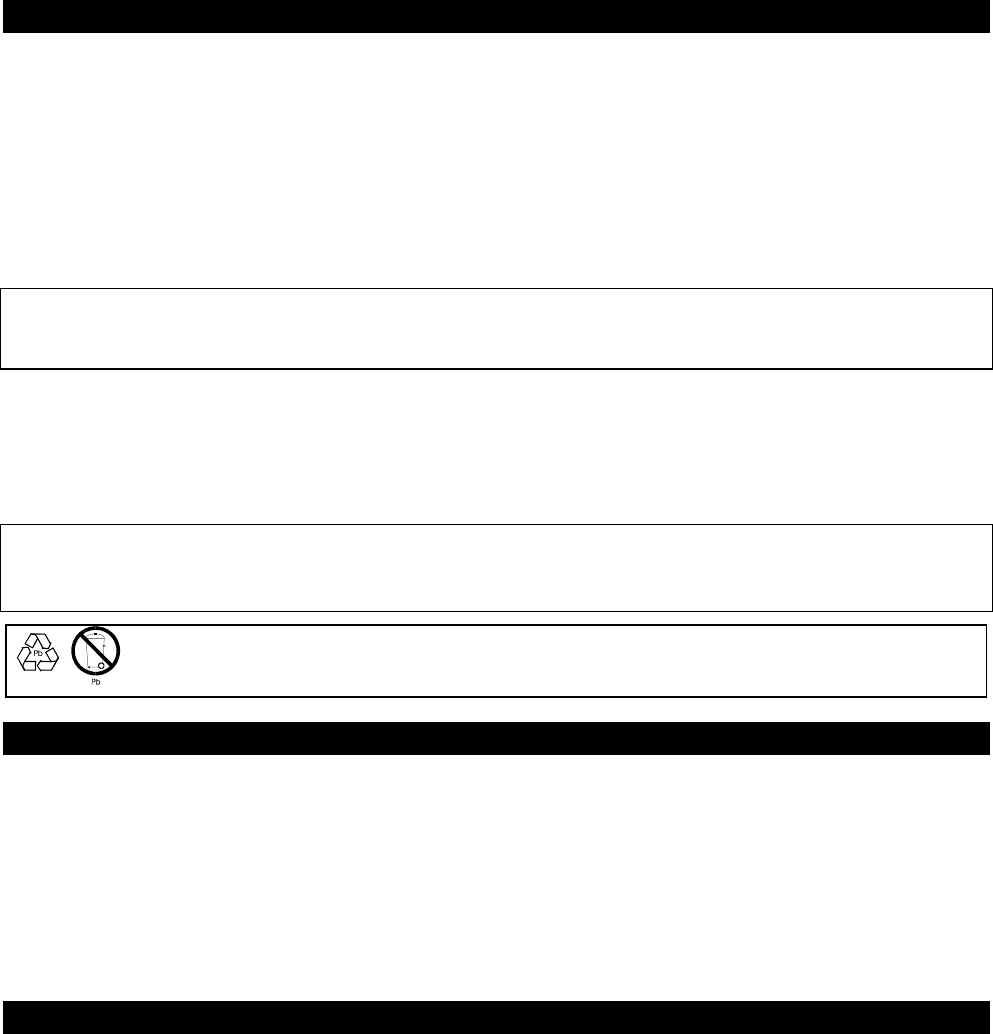
990-1007A, Revision 2 9/99
15
Batteries
Automatic Battery Check
The battery test is automatically carried out every third month, if the automatic battery test function is set. The battery test
starts when the batteries are fully charged. There is no alarm given for the battery operation and the display shows normal
operation.
Manual Battery Check
1. Let the Smart-UPS DP run in normal operation for 24 hours.
2. Use the PowerChute
®
power management software to start the self-test.
WARNING:
The tests are carried out to detect possible failure in the Smart-UPS DP. Save all work on the connected load before tests are
started. Battery tests should be run during noncritical periods for computer operation safety reasons.
Battery Replacement
The built-in batteries are designed for five years of service life. Service personnel will replace the batteries every three to
five years, or when an annual check gives an unsatisfactory result. See your dealer or call the number in this manual for
information on replacement battery.
Note:
Please read the cautions in the Safety Section at the beginning of this User’s Guide. Once the battery is
disconnected, the loads are not protected from power outages.
Batteries must be recycled. Deliver the battery to an appropriate recycling facility or ship it to
the supplier in the new battery’s packing material. See the new battery instructions for more
information.
Storage
Storage Conditions
Store the UPS covered and upright in a cool, dry location, with its battery fully charged. Before storing, charge the UPS
for at least 2 hours. Remove any accessories in the accessory slot and disconnect any cables connected to the computer
interface port to avoid unnecessarily draining the battery.
Extended storage
At -15 to +30 °C (+5 to +86 °F), charge the UPS’s battery every 6 months.
At +30 to +45 °C (+86 to +113 °F), charge the UPS’s battery every 3 months.
Service
If the UPS requires service do not return it to the dealer!
Follow these steps:
1. Use the Troubleshooting section of the Quick Reference Guide to eliminate common problems.
2. Verify that no circuit breakers are tripped. A tripped circuit breaker is the most common UPS problem!
3. If the problem persists, call customer service or visit the APC Internet Website (www.apcc.com).
4. Note the model number of the UPS, the serial number, and the date purchased. A technician will ask you to describe
the problem and try to solve it over the phone, if possible. If this is not possible the technician will schedule a service
call.



